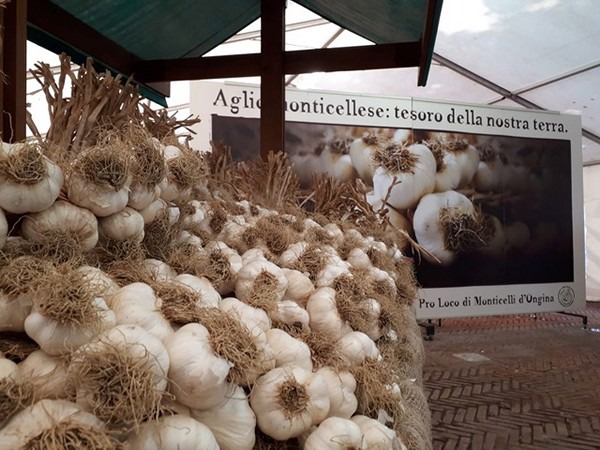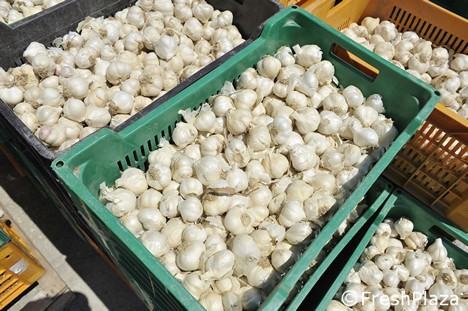"Chinese fresh garlic is not sold in Italy, so at the moment there are no consequences in the fresh product market deriving from the Coronavirus epidemic in that country. There could be some, however, on theprocessing front". So said Francesco Rastelli, chairman of the Copap cooperative, which produces, packages and markets White Piacentino Garlic, onion, shallots and sauce tomatoes.

"We have supply contracts with the large-scale distributers - says the chairman - that do not undergo price fluctuations within the same year. With Coronavirus, all trade with China has slowed down, but it must be said that Chinese garlic in Italy does not sell, for the simple reason that the consumer does not want it. And not all garlic is the same: Italian customers recognize a Chinese garlic, and it does not fit into their tastes and habits".
On the other hand, there could be consequences, and possible price increases, for the product destined for industrial transformation. "We are insignificant compared to China, from the point of view of quantities. In 2017, they produced over 3 million tons of garlic against our 30 thousand. The European product, however, like the Spanish one, is present in our market. But at the moment, there have been no particular commercial shocks".

Archive photo.
Copap is doing very well on the onion front as well: the prices are good and the quality, especially in terms of shelf life, does not present any problems. "We do not use products to prevent budding - concludes Rastelli - but we tinker with temperature and humidity parameters in order to preserve the onion. This means an increase in fixed costs, but we offer the consumer a product with less residue".
Contacts:
Copap Soc. Coop. Agricola
Via Breda 86, 29010 Monticelli d'Ongina (PC)
Tel.: +39 0523 829456
Fax.: +39 0523 820992
Email: info@copap.it
Web: www.copap.it
